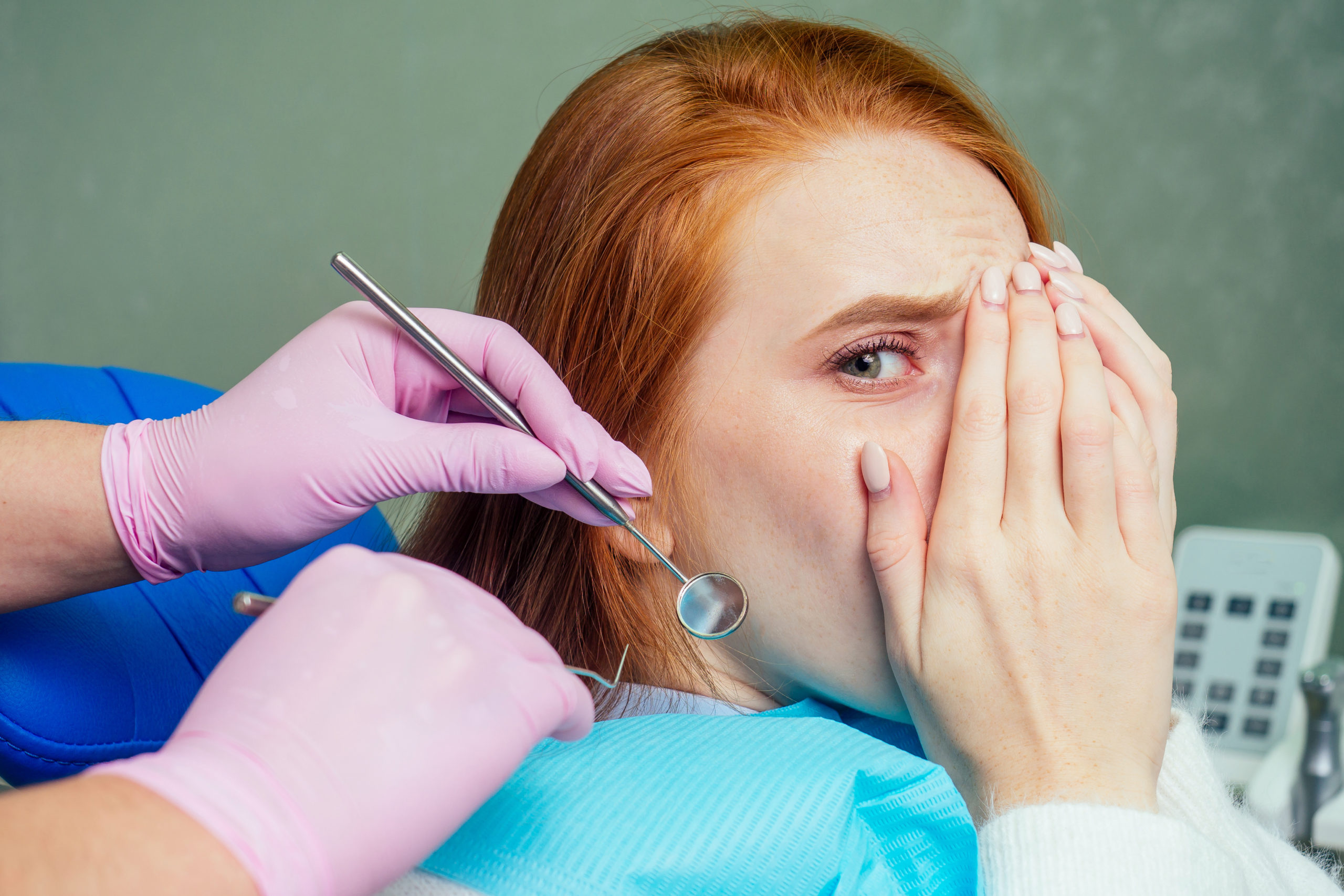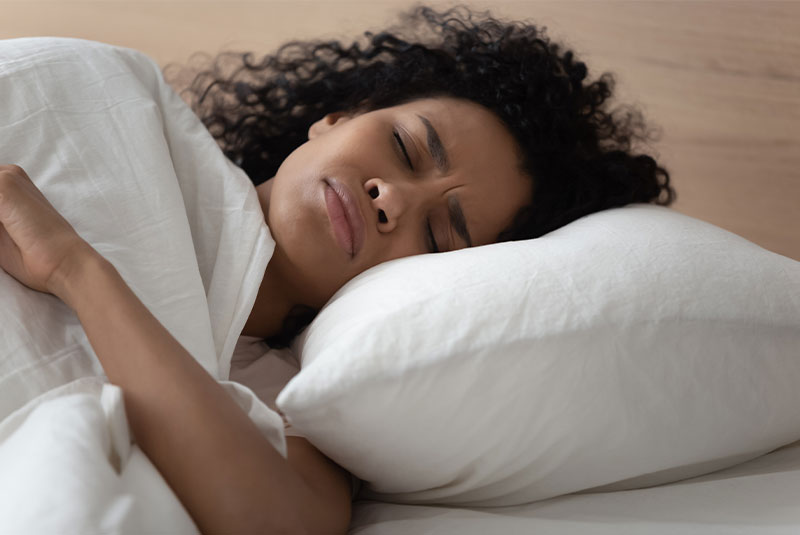
What Causes Dental Fear, Anxiety, Panic Attacks and Phobia?
Signs of dental phobia include:
- Trouble sleeping the night before the dental exam
- Feelings of nervousness that escalate while in the dental office
- Crying or feeling physically ill at the very thought of visiting the dentist
- Intense uneasiness at the thought of, or actually when, objects are placed in your mouth during the dental treatment or suddenly feeling like it is difficult to breathe

Common causes of dental phobia and anxiety:
Fear of pain
Fear of pain is a very common reason for avoiding the dentist. This fear usually stems from an early dental experience that was unpleasant or painful or from dental "pain and horror" stories told by others. Thanks to the many advances in dentistry made over the years, most of today's dental procedures are considerably less painful or even pain-free.
Most local anesthetics take effect quickly (within 10 minutes) and last up to an hour. Local anesthetics are available over the counter and as prescription in gel, ointment, cream, spray, patch, liquid and injectable forms. Sometimes local anesthesia is combined with a mild sedation in order to help relax patients.
Lidocaine is the most commonly used local anesthetic as it seems to have the least amount of allergic reactions.
Fear of injections or fear the injection won't work
Many people are terrified of needles, especially when inserted into their mouth. Beyond this fear, others fear that the anesthesia hasn't yet taken effect or wasn't a large enough dose to eliminate any pain before the dental procedure begins.
Fear of anesthetic side effects
Some people fear the potential side effects of anesthesia such as dizziness, feeling faint, or nausea. Others don't like the numbness or "fat lip" associated with local anesthetics.
Feelings of helplessness and loss of control
It's common for people to feel these emotions considering the situation -- sitting in a dental chair with your mouth wide open, unable to see what's going on.
Embarrassment and loss of personal space
Many people feel uncomfortable about the physical closeness of the dentist or hygienist to their face. Others may feel self-conscious about the appearance of their teeth or possible mouth odors.

How to overcome dental phobia and anxiety
Communicate your fears and concerns with your dentist, or feel free to be in contact with us. Your practitioner should create a comfortable plan to make you less anxious. They should be transparent to explain how dental pain can be avoided. If your dentist doesn’t take your fear seriously, find another dentist or contact us directly.
